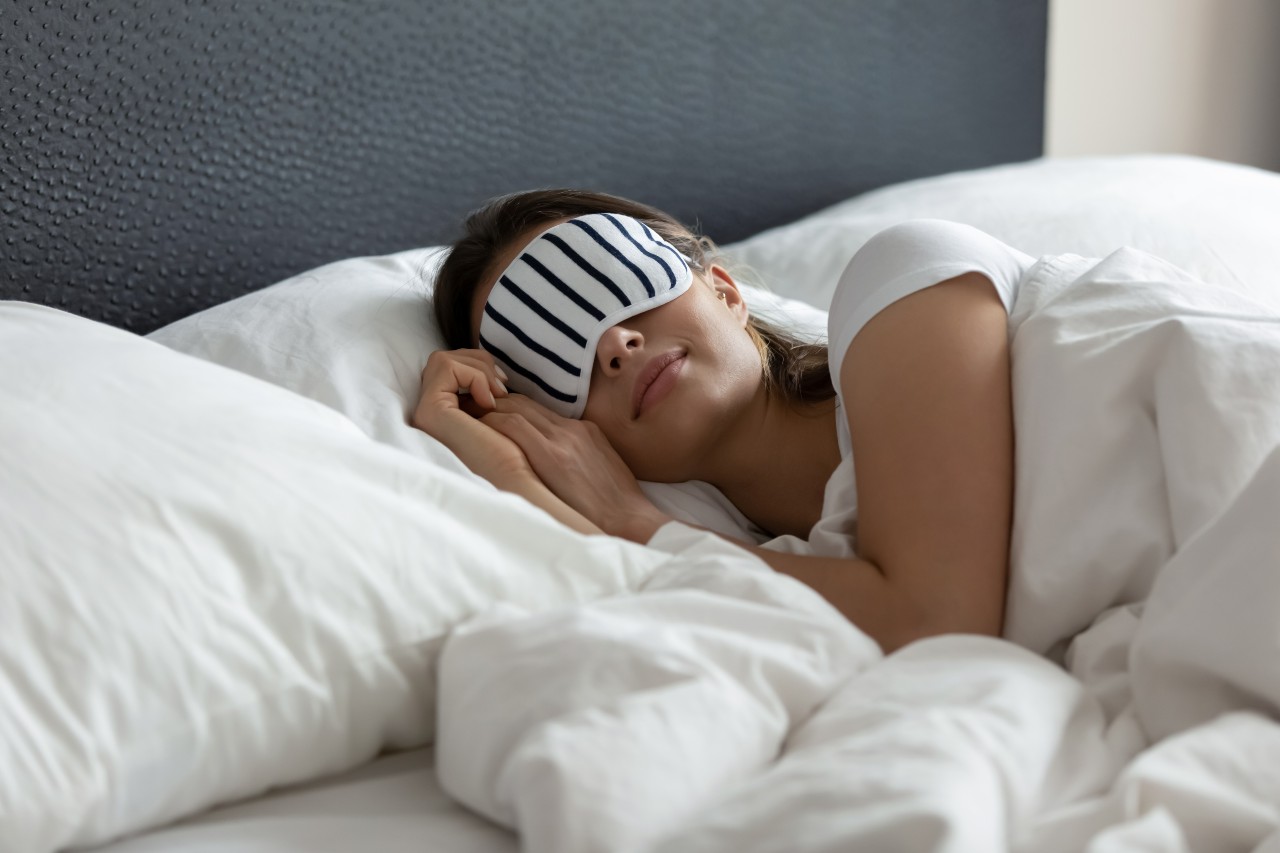Please search
Are sleep and the immune system related?

Everything you need to know about the correlation between sleep and immune defenses
Sleep is an essential part of our daily life, fundamental for the general well-being of the body. During sleep, the body rests and repairs itself, and this also applies to the immune system. The immune system is responsible for protecting our body against pathogens such as bacteria, viruses and other harmful agents. Many studies have shown that quality sleep can positively affect the functioning of the immune system. On the contrary, poor and bad sleep can have negative effects on the body, compromising the efficiency of the system and increasing the risk of contracting cardiovascular, pulmonary or nervous system diseases.
But what, specifically, is the correlation between sleep and immune defenses? Let’s see together how these two aspects are related and some useful tips to improve the quality of sleep.
How the immune system works
Immune defenses are a complex system of cells, tissues and organs that work together to combat pathogens and keep our body healthy. The immune system recognizes invaders and attacks them to prevent disease and infection. However, it is not always at its best: if the immune system is weak or not working properly, and is therefore not able to attack external agents, the body will find it harder to defend itself from diseases or infections. There are many factors that can negatively affect its functioning, among them there are definitely a poor quality and/or amount of sleep, but also too high body weight, excessive consumption of alcohol, smoking or an unbalanced diet.
The role of sleep in the immune system
During sleep, our body produces and releases several substances that play a key role in the immune system. One of these is interleukin-1, a protein that stimulates the immune response. During the deep sleep phase, the body also produces antibodies, which are crucial to combat pathogens. In addition, adequate sleep promotes the production of T cells, which are responsible for recognizing and destroying infected cells. Thus, a good quality of sleep is essential to keep the immune system strong and responsive.
Sleep and reduction of disease risk
One of the most obvious benefits of good sleep is the reduction of the risk of contracting diseases. When our body is well rested, in fact, the immune system works more efficiently, improving our defenses against viral and bacterial infections. Numerous studies have shown that sleeping at least 7 hours a night can significantly increase the body’s resistance to viruses and bacteria and that people who usually sleep less than 7 hours a night are more likely to get sick than those who sleep at least 7-8 hours.

Lack of sleep and immune defenses: what consequences?
Poor sleep quality can have negative effects on the immune system. When we do not sleep enough or our sleep is disturbed, the body produces fewer antibodies and T cells, weakening our immune defenses. This can make it easier for pathogens to invade our body and cause disease. In addition, sleep deprivation can also adversely affect other aspects of our health, such as metabolism and emotional balance.
Tips to improve sleep quality
To improve the quality of sleep and strengthen the immune system you can follow some useful tips. First, try to create an environment suitable for sleep, comfortable, quiet and sufficiently dark. Also, minimize external noise and use blackout curtains or, if necessary, an eye mask to block light. The temperature of the room can also affect the quality of sleep: make sure your bedroom has a comfortable temperature, neither too hot nor too cold. The ideal temperature for sleeping varies from person to person, but is usually around 18-20 degrees.
In addition to taking these small steps is also advisable:
- maintain a regular sleep routine: this is crucial to synchronize your internal clock and improve the quality of rest. Try to go to bed and wake up at the same time every day, even on weekends. This will help your body to establish a healthy circadian rhythm and will favor a deeper and restful sleep;
- reduce as much as possible stress and anxiety, which could adversely interfere with the quality of sleep. To relax you can try stress management techniques, such as meditation, progressive muscle relaxation or yoga, before going to bed. Also try to reduce exposure to sources of stress in the hours before sleep;
- limit the consumption of caffeine and alcohol, which can have a negative impact on the quality of sleep and promote insomnia. Avoid caffeinated drinks in the afternoon and evening. Similarly, limit alcohol consumption, since it can disturb your sleep cycle and cause less regenerating rest;
- exercise regularly: regular exercise is essential to improve your sleep quality. Exercise during the day, but avoid intense exercise just before bed. Physical activity helps reduce stress, tire the body and promote a deeper and restful sleep;
- avoid heavy food before sleeping because the digestive process may interfere with sleep and cause discomfort at night. So opt for light and easily digestible foods in the evening hours;
- create a relaxation routine before going to bed to prepare your body and mind for sleep. This can include activities such as reading a book, taking a hot bath or listening to relaxing music. Deep breathing and meditation techniques can help to relax the mind and body before sleeping. Take a few minutes to practice deep breathing and meditation. This can encourage a more peaceful and regenerating sleep;
- avoid using electronic devices before sleeping because the blue light emitted by the screens can affect your sleep cycle and promote insomnia. Reduce exposure to bright light, especially blue light from your devices before bed. Turn off your TV, computer, and smartphone at least an hour before sleep to prepare your body for sleep and avoid using your smartphone, tablet, or computer in bed. Instead, choose relaxing activities like reading a book or listening to music before bed.
- use a mattress and articles for quality rest: carefully evaluate the choice of the bed system and be sure to buy a suitable mattress and pillow, which ensure a perfect alignment of the spine and reduce the pressure points – like all mattresses proposed by Mollyflex. Good sleep posture helps reduce the risk of pain and muscle tension.
As we have seen, a quality sleep is essential for the general well-being of the body and to strengthen the immune system. By following these simple tips you can improve your sleep quality and improve your health.
If you need further advice on choosing the mattress or sleeping accessories that best suit your needs, contact us or go to the Mollyflex store closest to you. Our staff is always available to recommend you the best products, to ensure you a healthy and regenerating sleep!
